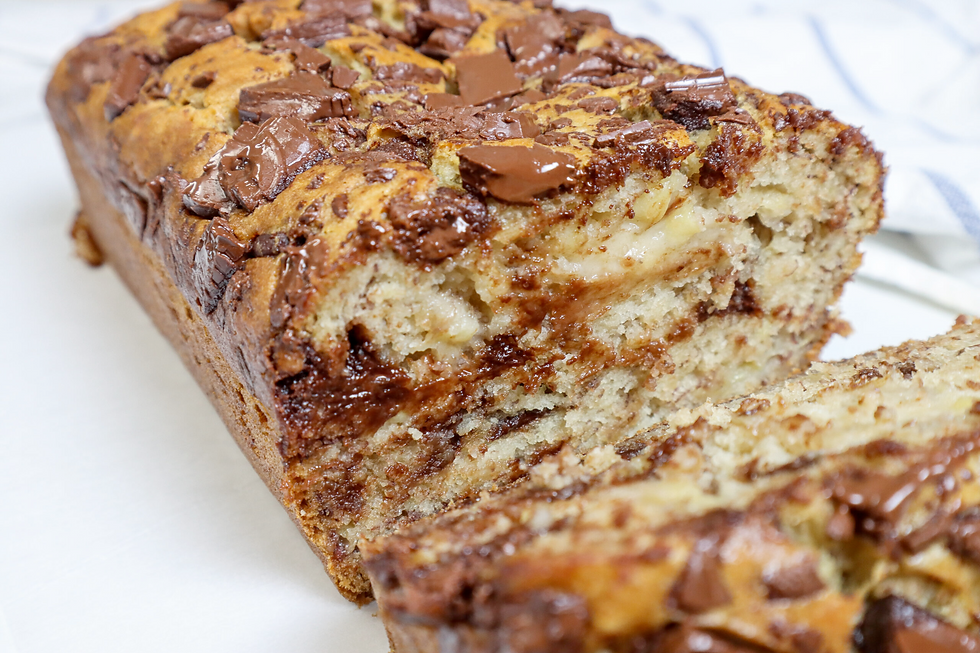🍷 Alcohol & Fat Loss: Separating Truth from Happy Hour Fiction
- Brian and Rita Dakolios

- 5 days ago
- 3 min read

We’ve all heard it. A glass of red wine is good for your heart. Beer actually has nutrients. Moderate drinkers live longer.
It’s a comforting idea — that you can enjoy your favorite drink and get a health boost at the same time. But when you peel back the science, those “benefits” start to crumble. And if your goal is fat loss? Alcohol isn’t just neutral… it’s working against you.
🚨 Where the “Alcohol is Healthy” Story Started
Early research suggested moderate drinkers lived longer, had lower rates of heart disease, and even weighed less than non-drinkers. Sounds convincing — until you look at the fine print.
Here’s the problem:The “non-drinkers” group in many of these studies wasn’t made up of lifelong abstainers. It often included people who used to drink heavily but quit because of health problems. That means the comparison was skewed — drinkers looked healthier, but the data wasn’t an apples-to-apples match.
Follow-up studies that separated lifelong non-drinkers from ex-drinkers found those supposed “benefits” of alcohol almost disappeared. In other words, it wasn’t the wine keeping people alive… it was the fact they were otherwise healthy, active, and socially connected.
🛑 How Alcohol Actually Affects Fat Loss
When it comes to changing your body composition, alcohol creates a perfect storm of fat-loss roadblocks:
1. Your Body Stops Burning Fat
Alcohol is a toxin — and your body prioritizes getting it out of your system. While it’s processing alcohol, fat burning is put on hold. That means if you drink during a meal, your body is storing more of the food you just ate.
2. It’s Easy to Overeat Without Realizing
Alcohol has calories (7 per gram, almost as dense as fat), but your body doesn’t register them the same way as food. They don’t make you feel full, and they lower inhibitions, which means you’re more likely to say yes to fries, dessert, or the 2am pizza run.
3. It Hurts Muscle Growth & Recovery
Building muscle is one of the best ways to improve your metabolism. But alcohol decreases protein synthesis (the process of repairing and building muscle), disrupts hormone balance, and reduces sleep quality — all of which slow recovery and make it harder to add or maintain muscle mass.
4. It Promotes Belly Fat Storage
Frequent alcohol consumption — especially from beer, sugary cocktails, and high-calorie mixers — is linked to an increase in visceral fat, the dangerous kind that wraps around your organs and increases the risk of metabolic diseases.
🕒 How Long Does It Take to Process Alcohol?
On average, the liver processes about 1 standard drink per hour — but “processing” doesn’t mean your body instantly bounces back. Heavy drinking can affect metabolism, hormones, and hydration status for 24–48 hours after your last drink. In some cases, the ripple effect lasts even longer.
📅 The Weekend Ripple Effect
Picture this: It’s Saturday night, you go out with friends, knock back a few rounds, maybe grab late-night pizza on the way home.
Sunday? You’re sluggish, dehydrated, and skipping your normal workout.
Even if you do make it to your Monday morning session, your body could still be in recovery mode. Alcohol is still impacting hormone function, hydration, and nutrient utilization, so fat burning is running at reduced capacity. In other words — you’re still paying for Saturday night when you hit the weights Monday morning.
💡 “So I Have to Quit Completely?”
Not necessarily. You can still enjoy alcohol occasionally without completely derailing fat loss — but if you are SERIOUS about your health and wellness goals you need a smarter approach:
Pick your moments. Save drinks for events you truly value instead of making it a nightly habit.
Skip the sugar bombs. Choose lower-calorie, lower-sugar options (clear spirits with soda water, dry wine).
Eat smart before you drink. Have a protein-rich, balanced meal to reduce cravings later.
Hydrate like it’s your job. Alternate every alcoholic drink with water.
Plan around training. Avoid heavy drinking near high-intensity workout days so recovery isn’t compromised.
✅ The Bottom Line
Alcohol isn’t a villain — but it’s not the health booster early studies made it out to be. For fat loss, it’s a double whammy:
It slows fat burning in the moment.
It encourages choices that push you further from your goal.
The “benefits” of alcohol were largely the result of flawed study design, not some magical property of wine or beer.
If you want better results, performance, and long-term health, the most effective move isn’t to quit cold turkey — it’s to drink less often, drink smarter, and make sure alcohol fits into your plan rather than derails it.
Think of alcohol like dessert: enjoy it occasionally, savor it, and keep it in check so it doesn’t undo all your hard work.







Comments